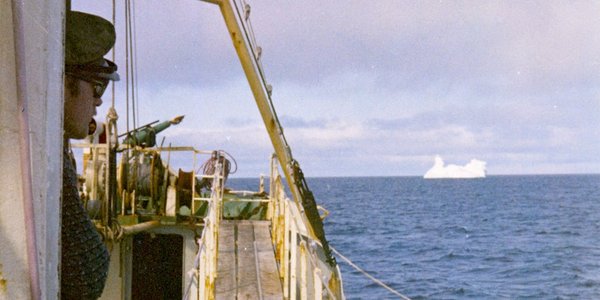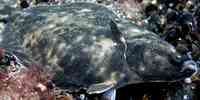News
Result: (304) Showing 241 - 270
Oceans Opportunities Meeting
21.09.2018

story
The “plastic whale” from 1971
23.08.2018

A Baltic sea fish named after IMR-researcher
12.07.2018

Norwegian collaboration on plastic mapping
05.07.2018

10 things you didn't know about the oceans
24.04.2018

RV "Kronprins Haakon" in Norwegian hands
27.03.2018

Escaped wrasse may affect local populations
21.03.2018

Making demersal seines more precise
10.01.2018

Lots of interest in the RV Kronprins Haakon
03.01.2018

A new era for Norwegian Polar research
02.01.2018


















